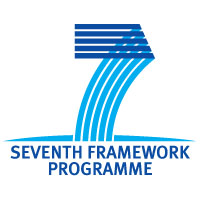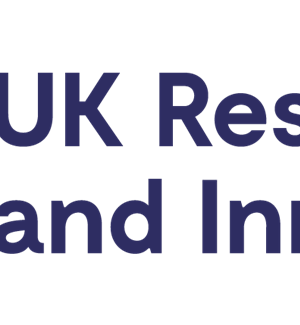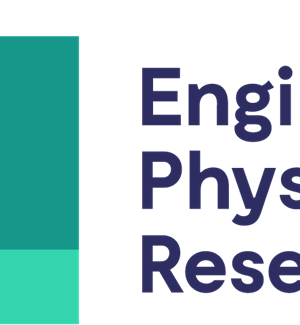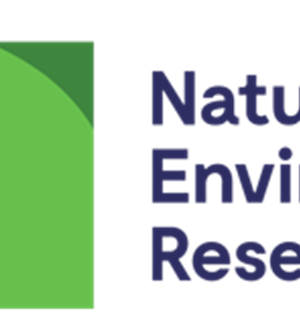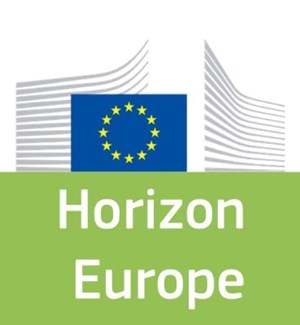- Chambre D'agriculture Du Loiret - France,
- Associazione Nazionale Riciclatorie Rigeneratori Materie Plastiche - Italy,
- Irish Farm Films Producers Group Limited - Ireland,
- Eurofilm Mantzaris S.A. - Greece,
- Previero N. Srl - Italy,
- The UK Materials Technology Research Institute Limited - United Kingdom,
- Elkede Technology And Design Center S.A. - Greece,
- Centro Europeo Sviluppo Applicazioni Plastiche Srl Consortile - Italy,
- Plastika Kritis Industrial & Trading CO. S.A. - Greece,
- C.P. Community Publishing Ltd, Digeco Systems - Ireland,
- A.D.I.Valor - France,
- Technosam SRL - Romania
The agricultural sector within the EU generates some 274,000tonnes of plastics waste p.a. of which ~88,000tonnes are agricultural plastics film waste. This equates to 250,000tonnes p.a. with ‘soilage’ (soil/grass/stones/etc). Agricultural plastic film waste has proven difficult to recycle commercially due to the high levels of contamination and its wide geographical dispersion which lead to high transport costs. This means that recycling schemes require financial support from governments and/or must charge high fees in order to be financially sustainable. Hence many farmers use alternative, environmentally harmful, disposal methods, such as burning or land-filling, which do not take advantage of the latent value of recyclates and do not comply with current and future legislation. Our project aims to achieve increased stability and growth within the agricultural plastics recycling sector by significantly reducing transportation costs and making recycling schemes economically and environmentally sustainable. This will be achieved by developing two technologies: 1) A portable recycling cleaning ‘unit’ to clean, separate and compress the agricultural film waste prior to transportation. 2) Logistical models and inter-related web-based software to optimise waste collection. This system will surpass the current state of the art by using air-flow (rather than water) and utilising the inherent properties of agricultural films to remove contaminants at the source. Advantages of the new process will be: the retention of a valuable biomass resource, >50% reduction in transportation costs and reductions in recycling costs and fees by ~€80/tonne and ~€20/tonne respectively. Within 5 years of project end we anticipate >50% penetration of the forecasted EU agricultural plastics recycling market equating to direct sales of ~€40million and cost savings of ~€55million, with additional opportunities through licensing as well as in global and secondary markets ie construction.
Want to analyze based on this project via our analysis tool? Analyze this project
Knowledge Gaps
Degradation
Environmental exposure
Environmental effects and ecotoxicity
Environmental fate and behavior of plastic
Commercial-related uncertainties
